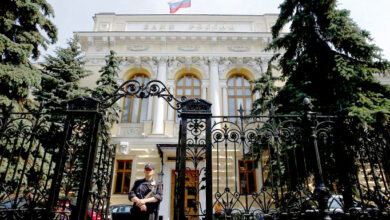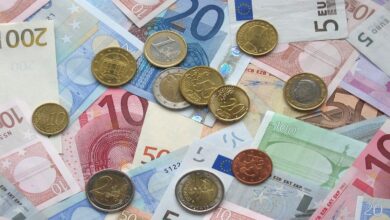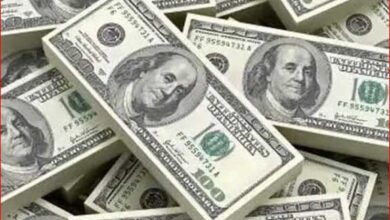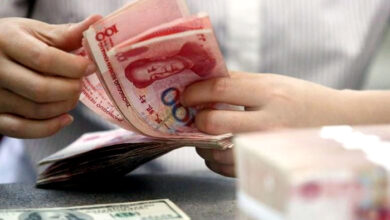The dollar stops what is thought to be another intervention from Japan.

The Japanese yen only got a short break from rumours of intervention by the Bank of Japan (BOJ) on Monday. The dollar stayed strong, while the value of the pound fell as former finance minister Rishi Sunak became the frontrunner to become Britain’s next prime minister.
In early trading, the yen hit a low of 149.70 per dollar. Within minutes, it was pushed up to a high of 145.28, which suggested that the BOJ, acting for Japan’s Ministry of Finance (MOF), had stepped in for the second day in a row. But the currency went back down to around 148.88.
“The price action should worry the MOF because it shows that there is strong demand to buy when the dollar/yen falls,” said Sean Wallow, a senior currency strategist at Westpac in Sydney.
Related: The Japanese yen was all over the place because of more suspected intervention.
“It should have been a good time to step in, since U.S. yields were still going down after the WSJ Fed story on Friday.”
On Friday, stocks went up and U.S. yields went down after the Wall Street Journal said that Federal Reserve officials are likely to talk about the size of future hikes. This gave investors hope that a Fed pivot might be coming soon.
Japanese policy sources said that Japan also bought yen on the foreign exchange market on Friday. This was the second confirmed time in a month that Japan bought yen after the currency hit a 32-year low near 152 yen to the dollar.
That made the Japanese yen go up by more than 7 yen to 144.50 yen per dollar.
Damien Boey, chief macro strategist at Sydney-based investment firm Barrenjoey, said the Japanese yen was still not close to its fair value.
“When I run some of the parity condition and evaluation models for the dollar/yen, I get some really strange results, like the fair value could be 170,” said Boey.
“This just shows how important it is for the U.S. to bring down the U.S. dollar again, since the Bank of Japan can’t do it with what it’s doing.”
Traders also think that the BOJ has stepped in more than once in the past month to support a currency that has lost 22% of its value against the dollar this year.
Japan had a classic “open economy trilemma” that forced it to intervene in both the bond and currency markets at the same time. Goldman analysts said, “While sub-optimal and unsustainable in the medium term, we think this policy mix could be in place for a while.”
The dollar index (USD) went up 0.3% to 112.24, showing that the U.S. dollar did better against other major currencies.
The euro fell 0.2% to $0.9831.
Sterling also went up and down when news came out that Boris Johnson, a former prime minister, was no longer running for prime minister. At the end of the day, it was up 0.2% at $1.1320, but it had been down earlier.
Boris Johnson said that he would not be running to replace Liz Truss on Monday. Truss had to resign because she started an economic plan that caused trouble in the financial markets.
Former Chancellor Rishi Sunak is now the clear favourite to be the next prime minister of Britain.
Related: Japan govt urges BOJ to be vigilant to market swings-stimulus draught
At $0.6330, the Australian dollar was worth 0.7% less than the U.S. dollar, and the New Zealand dollar was worth 0.3% less than its U.S. counterpart.
Last week, Bitcoin went up 0.7% to $19,316.00.





